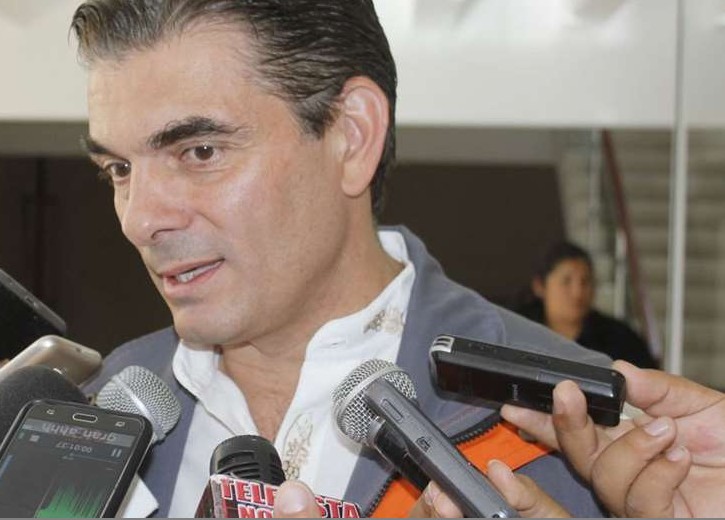
Bolivia’s Next President Faces Major Macro Challenge
President-elect Paz will inherit a balance of payments crisis that has led to an economic decline and surging inflation.
BY LATINVEX STAFF
Rodrigo Paz, the winner of Bolivia’s presidential run-off on October 19, will face significant challenges in reviving growth, reducing inflation and securing external funding after he assumes office November 8, Fitch Ratings warns.
Both Fitch and investors point out that Paz should have a majority in the new congress for pro-business reforms despite his own Christian Democratic party only holding 46 out of 130 seats. Alianza Libre, the party of Paz’ rival in Sunday’s elections, Jorge Quiroga, holds 39 seats. If the two pulled together for needed reforms, they would have a solid majority of 85 votes. The two parties also hold 25 out of 36 Senate seats.
Jefferies Managing Director Javier Kulesz said in a note it was “a big plus” for Paz that the Congress will now be more ideologically aligned, even if still quite fragmented, Reuters reports.
https://www.msn.com/en-us/money/companies/investors-see-imf-support-as-crucial-for-bolivias-new-president/ar-AA1OQf4U?ocid=BingNewsSerp
Recently released GDP data, with a new base year, show the economy contracting by 1.1% in 2024 (data showed 0.7% growth before the rebasing) and a further 2.4% yoy contraction in the first half this year, Fitch points out.
Growing pressures on external debt service ahead of a $333 million March 2026 bond amortization were key drivers of Fitch’s downgrade of Bolivia to ‘CCC-’ on 24 January 2025.
Large external financing support for Bolivia is not guaranteed and may depend on agreeing an International Monetary Fund (IMF) program to catalyze significant multilateral support, the ratings agency says.
“This is likely to require adjustments to government subsidies and lowering the fiscal deficit,” Fitch says.
Of the two presidential candidates, Paz advocated for a more gradualist economic adjustment, while Quiroga, who served as president in 2001-2002, had favored a more abrupt approach, including sweeping austerity measures and the support of an IMF program.
However, investors say Paz has no choice but to seek some kind of aid from the IMF.
“I don’t see much alternative to an IMF program, but how that comes together is the key question for the market,” RBC BlueBay’s Graham Stock told Reuters.
© Copyright Latinvex












